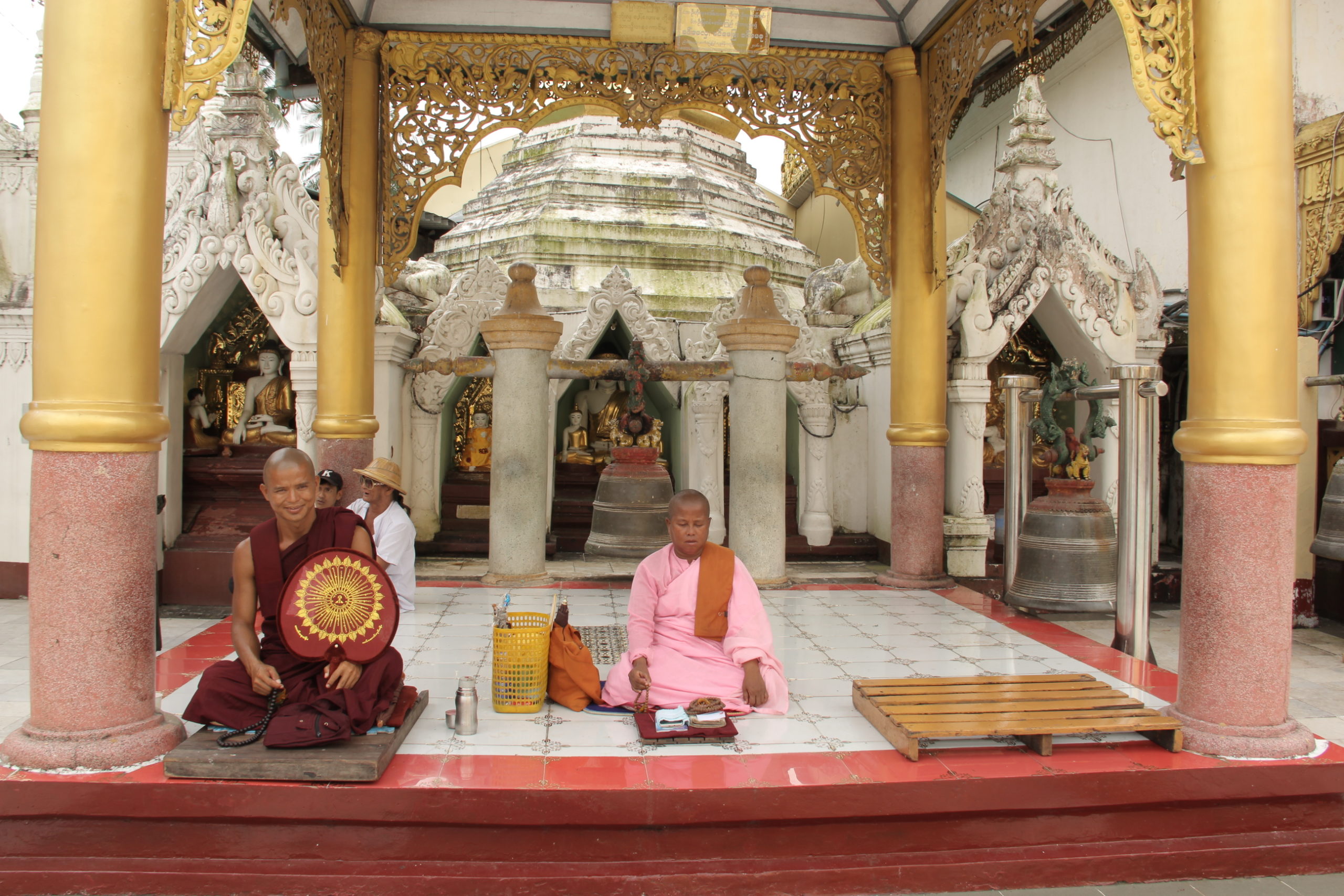Podcast: Play in new window | Download
Subscribe: RSS
After the outbreak of violence and mass displacement of the Rohingya in western Myanmar in 2017, I travelled to the country, speaking to activists, Buddhist monks and Muslim leaders in Yangon and Mandalay.
Over the months and now years since, the message I heard then began to filter out through various reports: that fake news and hate speech online had played a pivotal role in the campaign of expulsion and exclusion of the Rohingya.
I decided to revisit this story as Myanmar’s authorities have recently been taken to the International Court of Justice over allegations of genocide against the Rohingya (a case that is ongoing), and as violence against Muslims in other South/Southeast Asian countries has erupted.
This is a story not only of Facebook and the potential for social media to exacerbate religious and ethnic tensions, but also of the struggles of a nascent democracy. It’s also about the deeper roots of religious tensions, and the cultural anxieties unique to Buddhist culture.
For more about the role of activists/interfaith leaders in promoting anti-Rohingya sentiment, I also wrote this piece back in 2017.
As always, follow on Twitter @polaritiespod
